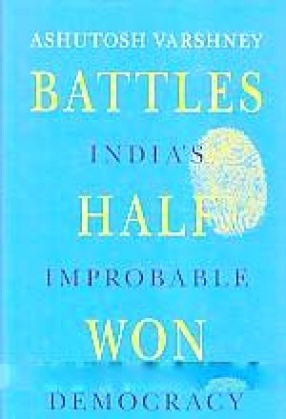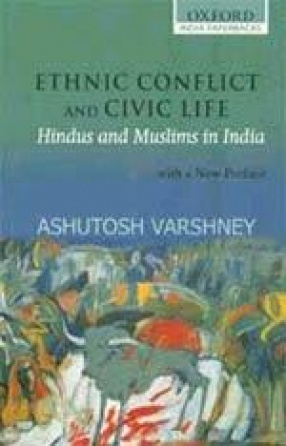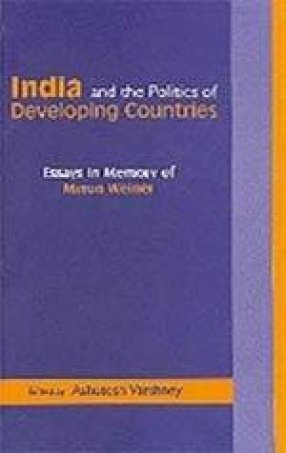
Showing all 4 books


In this lively collection of essays, Ashutosh Varshney analyses the deepening of Indian democracy since 1947 and the challenges this has created. The overview traces the forging and consolidation of India’s improbable democracy. Other essays examine themes ranging from Hindu nationalism, caste politics and ethnic conflict to the north–south economic divergence and politics of economic reforms.
The book offers original insights on several key ...

In the backdrop of the recent spate of ethnic violence in India, this volume is a timely and significant contribution towards investigating the factors that cause Hindu-Muslim riots. Ashutosh Varshney examines three pairs of Indian cities—one city in each pair with a history of communal violence, the other with a history of relative communal harmony—to discern why violence between Hindus and Muslims occurs in some situations but not in others. The book ...

India launched a programme of economic policy reforms in response to a fiscal and balance of payments crisis in July 1991. These reforms of the 1990 were much wider and deeper than the halting liberalization of the 1980s. This book presents a systematic assessment of the progress of reforms in different policy areas and of the politics involved, both at the central and state levels. It takes stock of what has been achieved, what remains undone, and develops ...

The baffling complexity of Indian politics has engaged the attention of many a political scientist. It has also led some to remark on its exceptional nature. Several key insights into the dynamics of Indian politics have been possible because of attempts at both theoretical formulations and comparison with other developing countries. These methods served as the foundation for Myron Weiner's engagement with India. His formidable intellectual acuity was solidly ...
